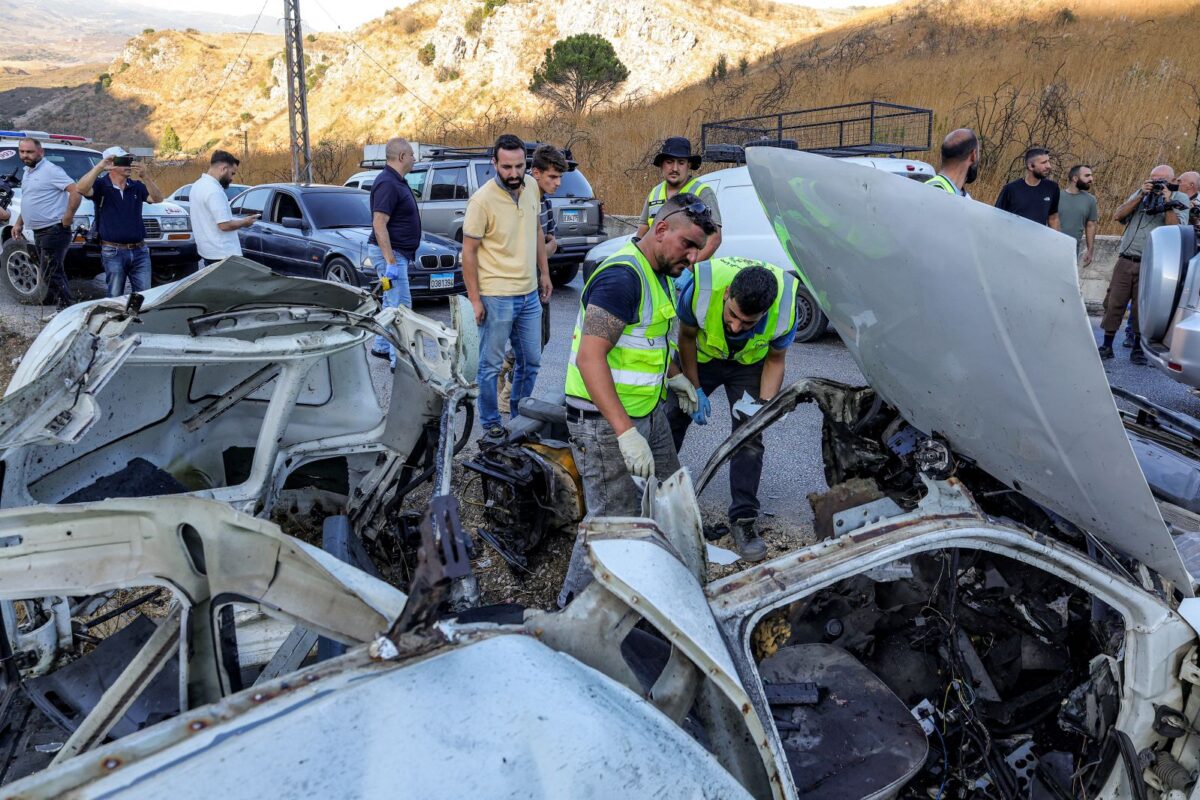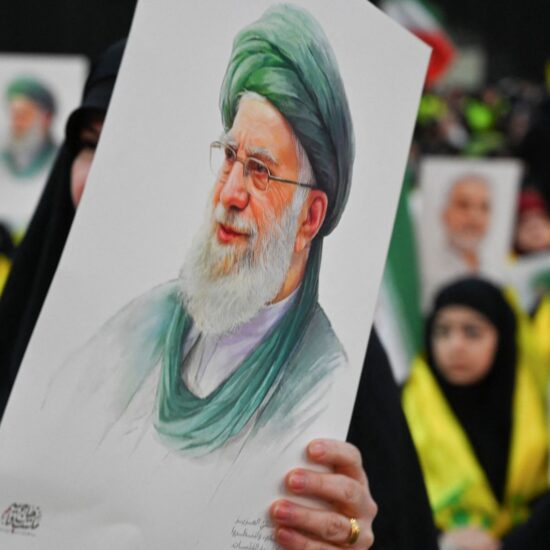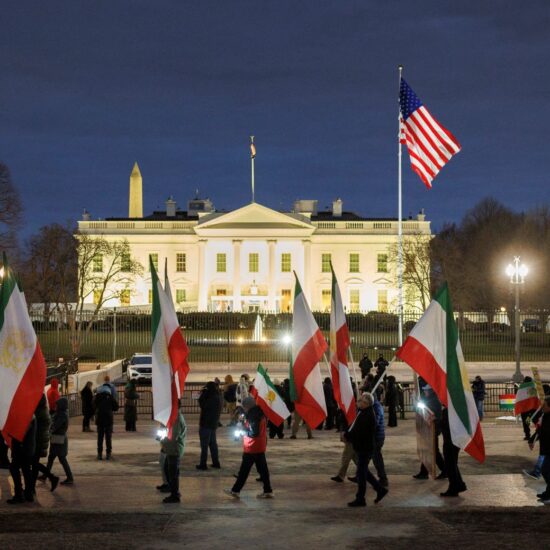
One year after Israel’s 66-day war on Lebanon, the country continues to suffer
On a quiet Sunday afternoon in Bint Jbeil, the Sharara family was driving through their hometown when an Israeli drone fired a missile directly at their car. The blast killed four members of the family—three children and their father—leaving behind a struggling mother and eldest daughter in the hospital room. Nearby, a young man from the Marwa family, riding his motorcycle along the same road, was also killed in the strike.
The attack came despite a U.S.-brokered ceasefire between Lebanon and Israel, announced in November after over a year of escalating violence triggered by the war in Gaza. Yet Israeli strikes on southern Lebanon have continued, often described as targeting Hezbollah positions, but too often falling on civilians.
Lebanese Prime Minister Nawaf Salam denounced the strike as “a blatant crime against civilians and a message of intimidation” aimed at families returning to their homes in the south. President Joseph Aoun, speaking from New York during discussions on peace and human rights, described the strike as “a new massacre” and called on the international community—especially those who sponsored the ceasefire—to act. “There can be no peace over the blood of our children,” he said.
Meanwhile, pressure continues to mount on Hezbollah to disarm, with demands from the U.S., Saudi Arabia, and its Lebanese rivals. Hezbollah, however, insists that even entertaining the idea of laying down weapons while Israeli warplanes still circle Lebanon and Israeli forces remaining in occupied southern territory would be reckless.
This comes on the heels of the one-year anniversary of the 66-day war that Israel waged on Lebanon on September 23, a conflict for which it has still not been held accountable for the countless deaths and injuries endured by the people of Lebanon, particularly in the south, Beirut, and the Bekaa. A year later, Israel’s assaults on Lebanon continue, and the future remains uncertain, with the painful memories of that devastating month still fresh, as long as the Zionist entity continues to act with impunity.
In Lebanon
Israeli Terror: Four days ago, Israel carried out a wave of airstrikes across southern Lebanon, saying the targets were positions belonging to Hezbollah. The strikes came after evacuation warnings were issued in several towns and villages, sending residents scrambling for safety. While no casualties were immediately reported, the attacks added to the climate of fear in the south, where Israeli warplanes have been striking almost daily despite a ceasefire agreement that was meant to bring an end to the fighting last November.
Security Meeting: On Friday, President Joseph Aoun hosted Prime Minister Nawaf Salam at Baabda Palace for talks on the escalating security situation after Israeli strikes hit towns in the south and the Bekaa, as well as on efforts to keep tensions under control. Their meeting also covered domestic matters, including the 2026 draft state budget, ahead of Aoun’s scheduled trip to New York on Tuesday to lead Lebanon’s delegation at the U.N. General Assembly.
New Structure: Unconfirmed reports on social media claimed Hezbollah removed Rana Sahili from her role as media coordinator. No official statement has been issued, but sources told Al-Modon she was only relieved of coordination duties, not dismissed from the Media Relations Unit where she has worked for nearly 20 years. The changes are part of a broader restructuring that included reassigning staff and introducing new contact numbers for Arab and foreign media.
Aoun in New York: President Joseph Aoun begins his meetings at the U.N. General Assembly in New York on Monday afternoon, where he will hold talks with world leaders on Lebanon, the region, and bilateral ties. Ahead of the sessions, Aoun met Sunday evening with Lebanese business figures in New York, who raised issues ranging from IMF negotiations and infrastructure to conditions in the south and voting rights for expatriates. The meeting was also attended by Foreign Minister Youssef Rajji, Ambassador Nada Hamadeh Moawad, and presidential adviser Rawaa Harati.
In The Region
Syria’s Elections: Syria will hold elections for a transitional parliament on October 5, the electoral commission announced Sunday. The new 210-member assembly follows the ouster of Bashar Assad last December and will serve a five-year term, with 140 members chosen by local committees and 70 appointed by interim President Ahmed Al-Sharaa.
Delayed Meeting: Israeli Prime Minister Benjamin Netanyahu delayed a cabinet meeting on a security deal with Syria, saying it is too early to finalize an agreement despite prior optimism.
Recognize Palestinian State: On Sunday, Britain, Canada, and Australia formally recognized the state of Palestine, signaling frustration over stalled progress toward a two-state solution and aiming to pressure Israel amid its Gaza campaign. Later, Portugal followed suit, calling a two-state solution the “only path to a just and lasting peace,” with France and other countries expected to announce recognition at the U.N. General Assembly this week.
Rising Death Toll: The Gaza Health Ministry reported that at least 65,283 Palestinians have been killed since Israel’s campaign began in October 2023, with 166,575 injured. In the past 24 hours, 75 people died—including four from under rubble—and 304 were injured, while five were killed and 24 wounded trying to access humanitarian aid. Hunger has also claimed four more lives, bringing total deaths from malnutrition to 440.
What We Are Reading
Requiem for Elias: Journalist Valeria Rando visits Saint John the Baptist cemetery, searching among neglected graves beneath cypress trees. She discovers a grave she believes belongs to Elias Khoury and his family, reading the names of relatives and others, including anonymous victims, in a haunting, dreamlike experience. Reflecting on Khoury’s writing, she frames her account of him around his “fall,” echoing his belief that stories are born quietly, in fragments and whispers.
Between Memory and Sovereignty: Revisiting the legacy of Bachir Gemayel: Makram Rabbah reflects on the 43rd anniversary of Bachir Gemayel’s assassination, noting it marked a turning point in Lebanon’s reckoning with its political past. For the first time in decades, state officials acknowledged that Gemayel’s murder was part of a broader campaign targeting Lebanon’s leaders.
Heya ride – “A taxi for women and by women”, a first in Lebanon: Journalist Rodayna Raydan reports that harassment of women in taxis has raised serious safety concerns in Lebanon, prompting the launch of Heya Ride, a women-only ride-hailing app. The idea came when the founder, Qassem Raydan, realized his niece avoided taxis for fear of harassment. The platform now has over 3,000 active users, offering safer, stress-free rides while providing female drivers with flexible income opportunities.
Beyond Bachir: A Call to President Aoun and Prime Minister Salam for National Reconciliation: Political psychologist Ramzi Abu Ismail reflects on the anniversary of Bachir Gemayel’s assassination, noting Lebanon’s enduring divisions over his legacy. He argues that genuine reconciliation must be national, inclusive, and address not only the civil war but decades of political violence and conflict, shaping generations’ fears and loyalties.








